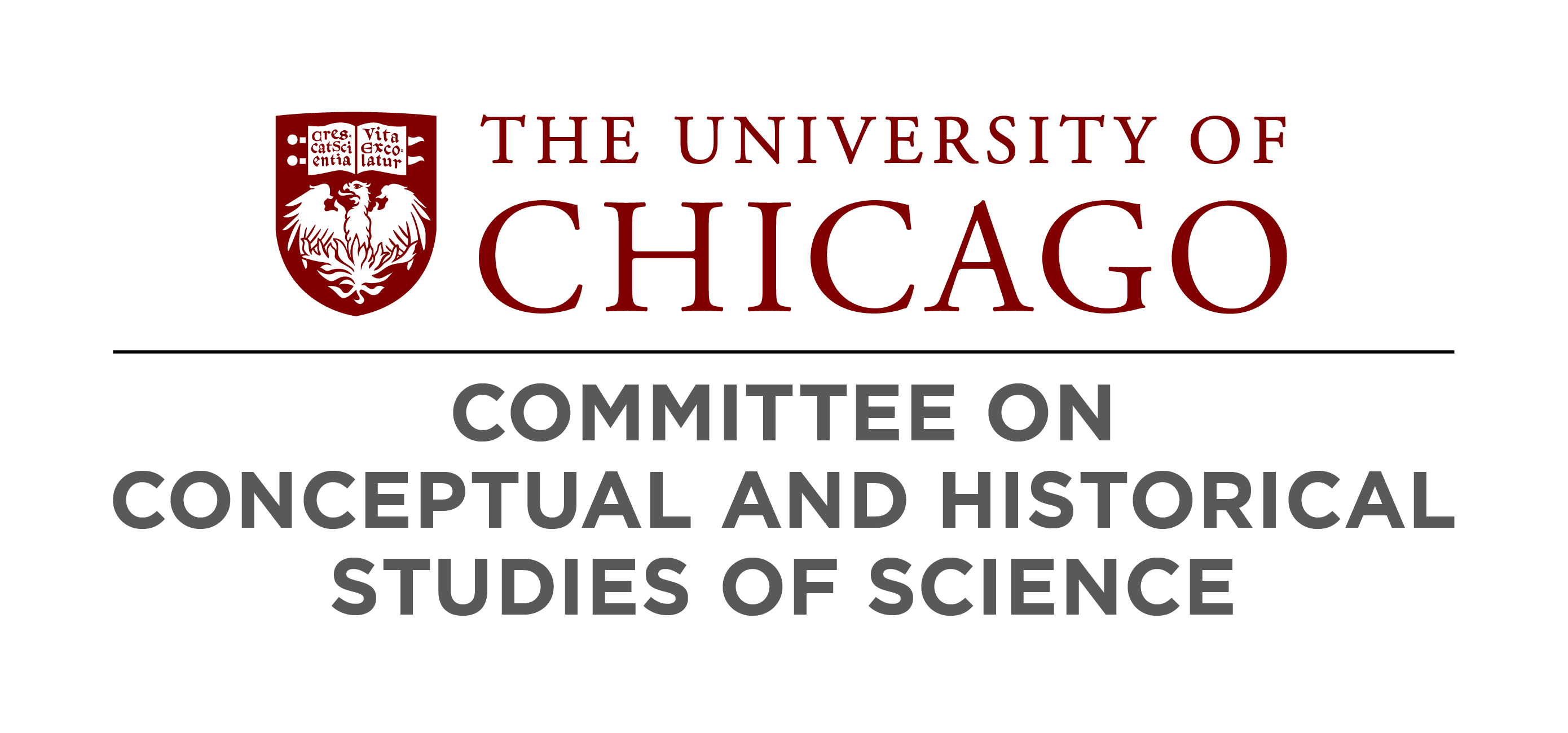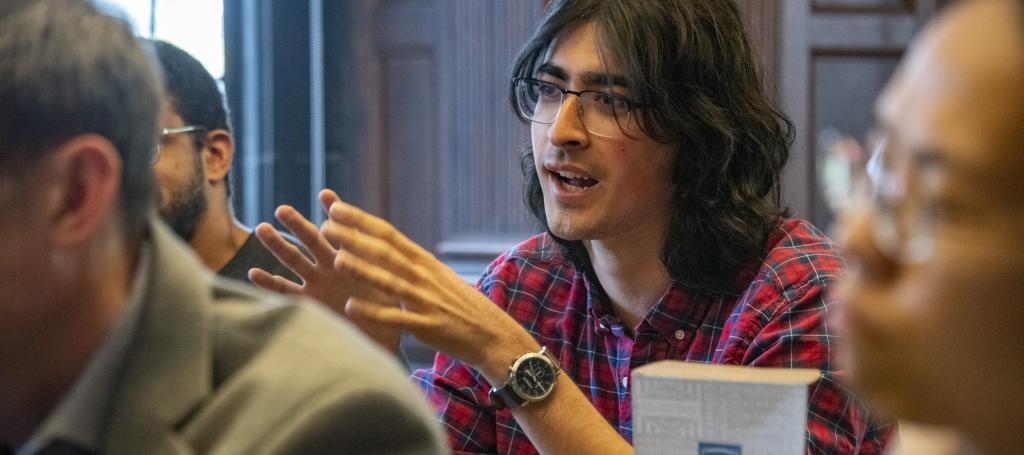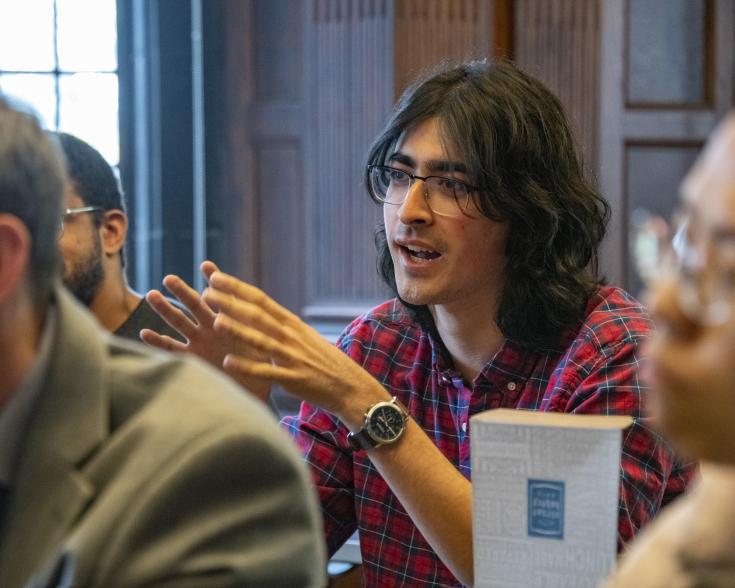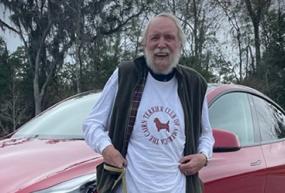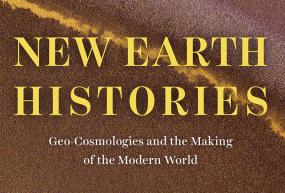The Committee on the Conceptual and Historical Studies of Science (CHSS) is a graduate program at the University of Chicago that offers students the opportunity to work toward the M.A. and Ph.D. degrees in areas concerned with the history, philosophy, and social relations of science. Though faculty interests range broadly, CHSS has particular strengths in the history and philosophy of biology and psychology, history of medicine and psychiatry, history of statistics and probability, sociology and anthropology of science, and history of communication and the book.
CHSS has a special focus on the history of the human sciences. In collaboration with the Max Planck Institute for History of Science in Berlin, CHSS has established an exchange program; this program offers graduate students opportunity to conduct research abroad in the history of the human sciences (broadly conceived).
CHSS differs from other programs in the history and philosophy of science in its emphasis on the importance of training in science. In the CHSS program, students earn a Masters degree either in a science (or mathematics), or in history, or in philosophy. If they choose history or philosophy, they also take six courses in a science or mathematics appropriate to their level of preparation (from undergraduate to graduate level courses). CHSS maintains close cooperative relations with the Fishbein Center for the History of Science and Medicine (within the Department of History), the Department of Philosophy, and the undergraduate program in the History, Philosophy, and Social Studies of Science and Medicine (HiPSS).
Several generous fellowships are available to applicants, whether they be U.S. citizens or citizens of other countries. CHSS is located in the Social Sciences Division of the University.
 THE UNIVERSITY OF CHICAGO
THE UNIVERSITY OF CHICAGO

